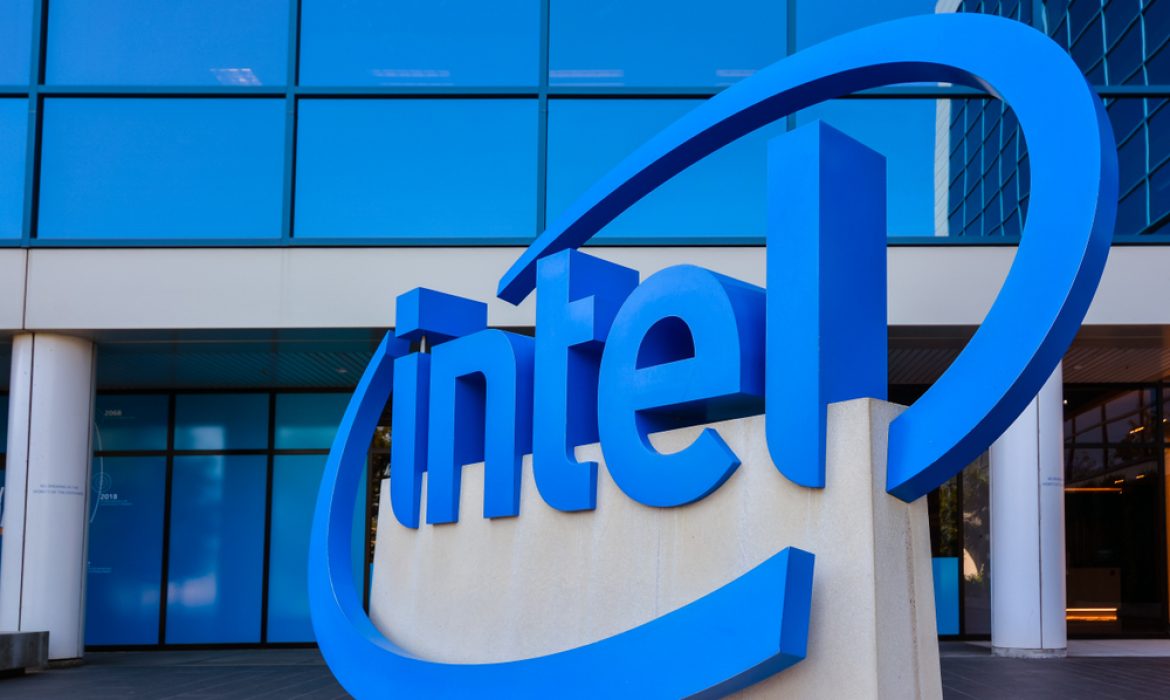Tech giant Intel has surprised the market with a quarterly profit, indicating a potential turning point for the struggling PC industry. The slump in the PC market over the past year, coupled with the oversupply of inventories, has been a major challenge for the company. However, the easing of the PC market downturn has led to a less severe decline in PC shipments, giving hope to the industry.
The rebound in desktop sales has been a significant contributor to Intel’s success. The company’s market value has seen an impressive boost of nearly $9 billion, making a strong statement against its rivals, including Nvidia, Advanced Micro Devices (AMD), and Broadcom.
The company’s foundry business, which produces chips for other companies, also saw some growth, partly attributed to its “advanced layout” technology, allowing Intel to create more powerful chips by combining parts from other companies.
While Intel has seen declines in its data center and artificial intelligence sales, the company is optimistic about the future. The collaboration with Ericsson on a chip using advanced manufacturing technology further reinforces Intel’s commitment to staying relevant in the industry.
The focus on chips suitable for AI computing in the cloud has posed challenges for Intel in the server chip market. Competitors like Nvidia, specializing in AI chips, have benefited from the increasing spending by cloud majors Microsoft and Alphabet on data centers.
Intel acknowledges the need to recover its position in the server CPU market and in the field of AI. The company remains hopeful about its AI chips’ demand, with orders worth at least $1 billion projected through 2024.
Looking ahead, Intel is forecasting adjusted earnings per share of 20 cents in the current quarter, exceeding analysts’ expectations. The adjusted revenue projection also signals a potential recovery, although it implies a year-over-year decline in business.
With Intel’s shares rising 30% this year, the industry is anticipating a recovery. However, the company still faces challenges in maintaining its relevance in the competitive tech landscape. Nonetheless, Intel’s focus on AI, advanced manufacturing technology, and its efforts to regain market share in the server CPU space show its determination to forge a path forward. As the tech landscape continues to evolve, Intel’s ability to adapt and innovate will be crucial in defining its future success.
